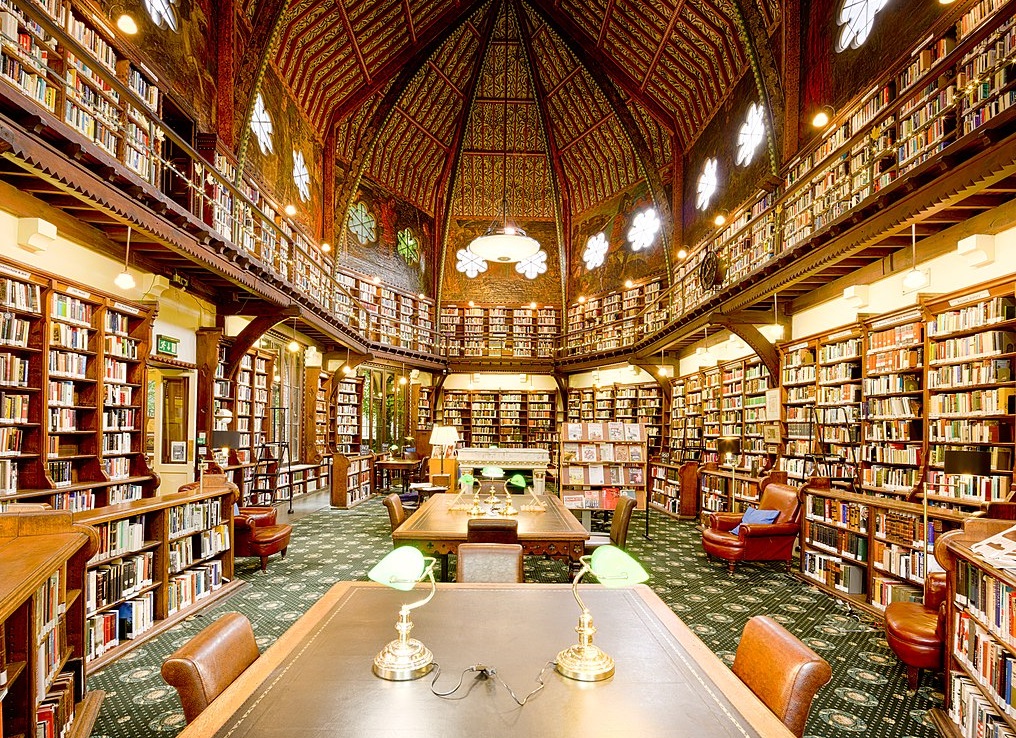Literature as a social resource
Literature as a Social Resource

Literature is often regarded more as a witness than as a resource in times of crisis, whether related to aging, illness, injustice, or violent conflict. While the capacity to thematize and describe critical events is a function frequently attributed to literature, it is far more challenging—yet equally essential—to examine how literary expressions serve as social resources within our lives, societies, and cultures, and how they contribute to shaping personal and collective orientations, whether in the realms of art, applied ethics, or law.
Literature as a Social Resource draws on multiple fields of study when investigating this: While memory studies highlight the role of literature in the construction of memories, identities, and shared futures, phenomenological approaches emphasize the participatory dimensions of reading and writing as crucial to understanding literature as a source of relational and social engagement. Contemporary scholarship in fields such as ‘literature and medicine,’ ‘law and literature,’ ‘translation studies’ and infrastructural aesthetics further investigates the social relevance of literary genres and their affordances in navigating community life, social tensions, and traumatic events. What unites these approaches is a shared focus on narration and literature as instruments for framing, reframing, experiencing and intervening in social worlds. Literature as a Social Resource explores literature as part of collective infrastructures that serve as resources for imagining and building livable futures. Our overall aim is to investigate systematically literature’s capacity to shape the social fabric by fostering new orientations, connections and modes of attention.
The research group is made up of scholars from diverse disciplinary backgrounds, including literary studies, philosophy, cultural studies, media studies, and environmental studies. Our ambition is to contribute to dialogue, collaboration and new knowledge across disciplinary and national boundaries. We engage in cross-departmental collaborations at NTNU and actively participate in various national and international research groups and centers.
The research interests of the group include:
- Memory studies
- Literature and Law
- Literature and Health
- Graphic literature
- Multilingual literature and translation studies
- Infrastructural aesthetics
- Narrative strategies in the age of algorithms
Upcoming events:
Workshop 7-8 May 2025: “From Crisis to Permacrisis” (Keynote speaker Anne Fuchs, University College Dublin).
Coordinators
-
Ingvild Folkvord Professor
+4797710024 ingvild.folkvord@ntnu.no Department of Language and Literature -
Ingvild Hagen Kjørholt Professor
+47-73412920 +4797790947 ingvild.hagen.kjorholt@ntnu.no Department of Teacher Education -
Silje Haugen Warberg Associate Professor
+47-73598269 silje.warberg@ntnu.no Department of Language and Literature
Members
-
Karolina Drozdowska Associate Professor
+47-73412707 karolina.drozdowska@ntnu.no Department of Language and Literature -
Anne Gjelsvik Professor
+47-73591565 +4799031124 anne.gjelsvik@ntnu.no Department of Art and Media Studies -
Helge Jordheim UiO
-
Trude Kolderup Førsteamanuensis
+47-73596505 +4793483794 trude.kolderup@ntnu.no Department of Language and Literature -
Jean Lassègue Centre Georg Simmel, Paris
-
Astrid Rasch Professor
+47-73559235 astrid.rasch@ntnu.no Department of Language and Literature -
Jan Süselbeck Professor of German Culture
+47-73591808 jan.suselbeck@ntnu.no Department of Language and Literature
